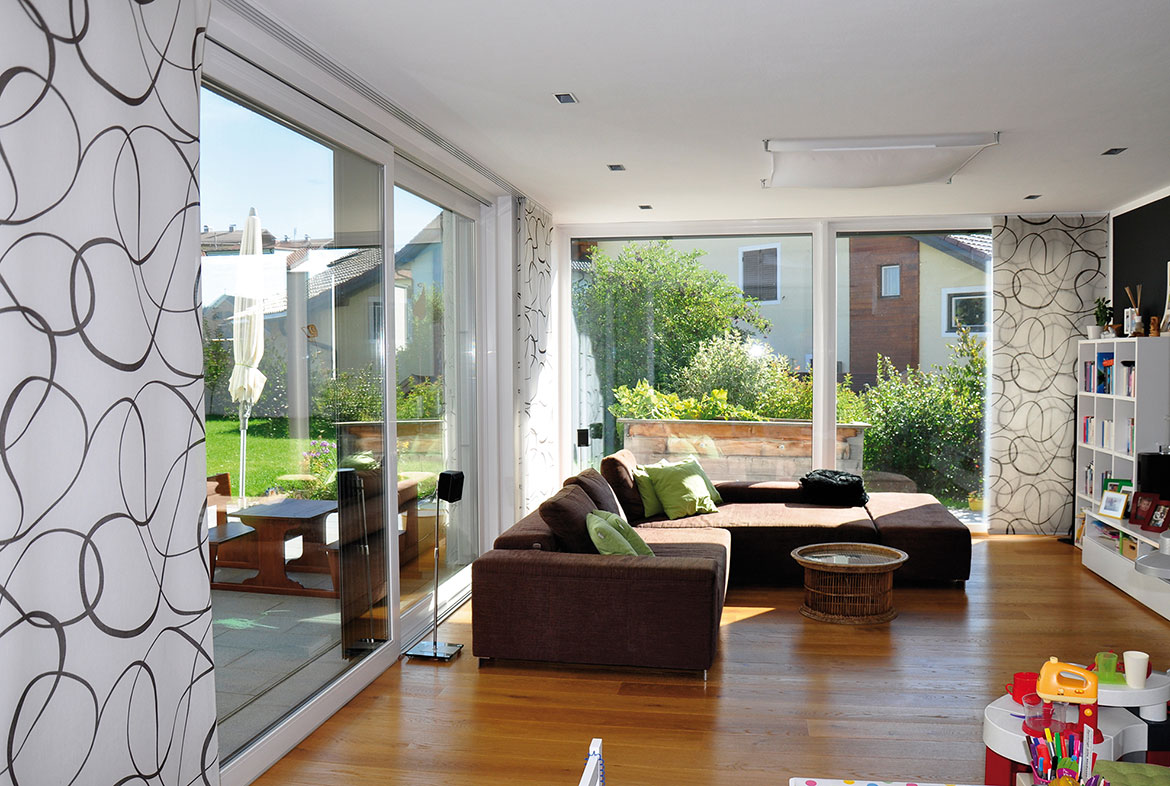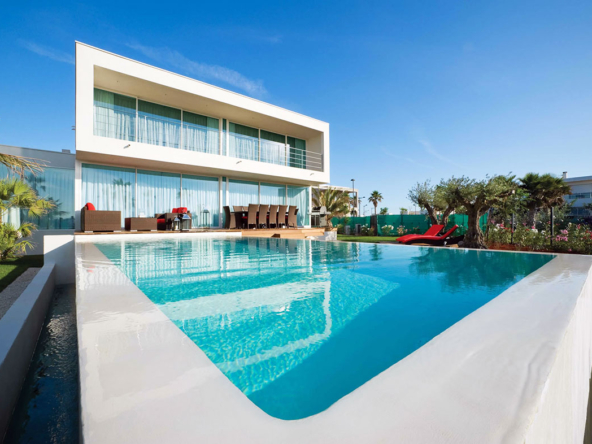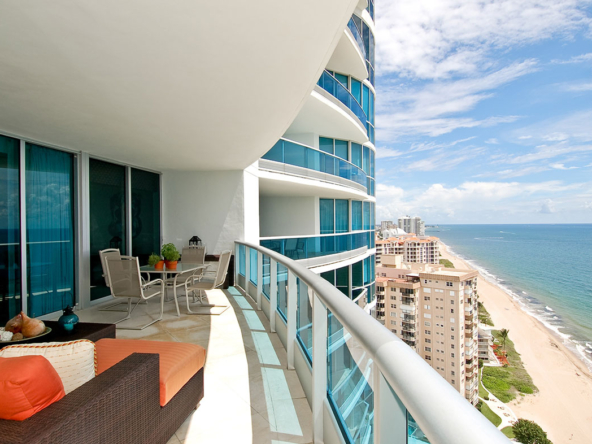The Nigerian real estate industry is a thriving sector, driven by urbanization, population growth, and rising demand for residential, commercial, and industrial properties. Major cities like Lagos, Abuja, and Port Harcourt lead the market, attracting local and international investors. However, with opportunities come competition.
Key Competitors
The real estate market in Nigeria features both local developers and large multinational corporations. Local players often have a better understanding of regional dynamics and access to local resources. Big players like Dangote Group and Broll Property Group have entered the market, offering massive developments, particularly in commercial real estate. They often compete with mid-sized developers who focus on affordable housing or luxury estates, offering flexibility and unique selling points to cater to specific market segments.
Market Challenges
The competitive landscape is shaped by factors like financing challenges, land disputes, and regulatory hurdles. Competitors often differentiate by offering better financing options, faster project completion times, and superior customer service. Some focus on property management or facility management as an added service to retain clients long-term.
Innovative Strategies
Digital marketing, social media, and online property listing platforms like PropertyPro.ng and Nigerian Property Centre are becoming key tools for competitors to increase their visibility. Real estate companies are also adopting technology like virtual tours, augmented reality, and blockchain to streamline transactions and improve customer experience.
Conclusion
The real estate sector in Nigeria remains competitive, with many players trying to capitalize on emerging opportunities. To succeed, businesses must focus on understanding the market, differentiating through value-added services, and leveraging technology to stay ahead of the competition.




